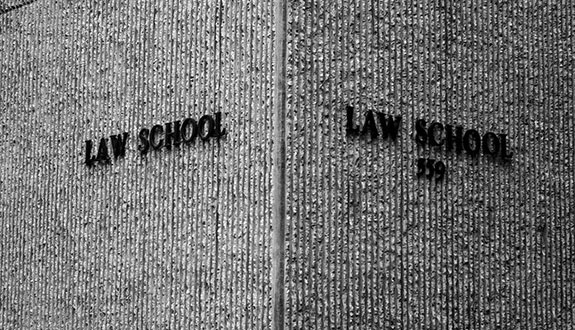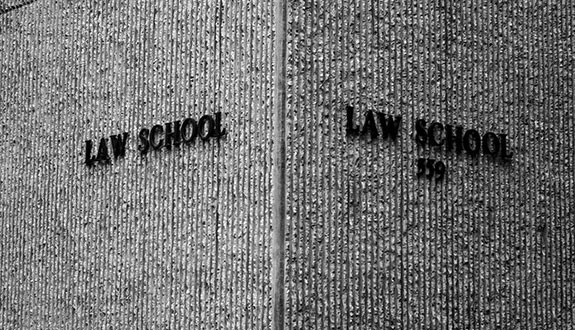LGBT Issues in Law School
- by
- Jul 13, 2016
- Law School, Law School Life
- Reviewed by: Matt Riley


Your first year in law school will be full of standard courses in property, torts, contracts, civil procedure, criminal law, and legal research. These classes involve tons of reading and a single four-hour exam at the end. Most people don’t want to repeat this experience by taking more black letter classes in their second and third years. So as an alternative you can do something radically different by signing up for clinics.
Clinic courses usually involve a class that meets often in the beginning—to get you trained up—and then less so throughout the semester or year. Once you’ve received some training, you will mostly be doing some sort of hands-on learning by helping an underserved portion of your community. Clinics involve a lot of work, but will usually come with a ton of credits so you won’t have to take many other courses (sometimes you won’t have to take any).
An exciting new trend in clinic courses has students working to advance LGBT issues. Take for example this clinic at the John Marshall Law School where you can help transgender people change their names and gender markers on legal documents.
There’s also this clinic at Cornell where you can help an LGBT person gain asylum, receive special protections in prison, or adopt a child! NYU offers a similar program. And so does Columbia.
If your school doesn’t offer an LGBT focused clinic, you can always join a general purpose clinic and arrange to work for LGBT clients.
If it turns out that a clinic is a little too much of a time commitment because, say, you want to take more classes, you can still get experience working on LGBT issues by joining a “workshop” or “externship.” These often require less time and are easier to fit into your schedule. For example, you can offer to help on an asylum case for an LGBT person as part of a larger team.
Lastly, you can look outside of what your law school offers and intern with an organization that will have LGBT work for you to do. Most non-profits that provide legal services would love any extra help they can get and will work with you to create a flexible schedule. Winter break in law school tends to be long—about a month—, so you can arrange to work part of your break as an intern. Your law school’s public interest office will have all the contacts you’ll need to get this done; so pay them a visit.
Clinic work can be immensely reward. So do your research. Definitely ask upperclassmen about their experiences, and give it a try.
Search the Blog

Free LSAT Practice Account
Sign up for a free Blueprint LSAT account and get access to a free trial of the Self-Paced Course and a free practice LSAT with a detailed score report, mind-blowing analytics, and explanatory videos.
Learn More
Popular Posts
-
logic games Game Over: LSAC Says Farewell to Logic Games
-
General LSAT Advice How to Get a 180 on the LSAT
-
Entertainment Revisiting Elle's LSAT Journey from Legally Blonde








